“It reeked of hedonism, of love that may or may not be fulfilled, of youthful lust and most of all of hope. It captures so nicely for me these two young lovers — Daya and Aaftab — who against all odds put their joy before all else, and put their feelings, their pleasure first,” she writes.
Describing the novel as political, the 36-year-old author says, “I believe all books are love stories. I don’t mean this in the traditional sense of ‘boy and girl’ but deeper — it is the love story of India and Pakistan, of a girl and her passion, which in this case is dance, of a boy and his religion and another boy and food.”
Colin, Daya’s dance partner, is from Johannesburg. He moved with his mother to England when he was a child but still fakes a South African accent. “I wanted to explore language and accents both as markers of identity, of belonging and also unbelonging,” Karuna says, adding, “Colin and Aaftab both learn how to fake their accents, but it is only with those they can admit this to that they feel at home. I also wanted to explore English and what it sounds like in the mouths of the colonisers as opposed to the mouths of the colonised.”
Also Read - From Meena Kandasamy’s The Orders Were to Rape You to Gracy’s Baby Doll, our picks
Despite its ephemeral feel, the novel is set in a specific place and time. “While I think the story is timeless, in that it sadly could be placed anywhere over the last century and be believable of its time, I did want to place it specifically in 2001, against the backdrop of the global events that further fragmented identities, especially in a religious context, with the falling of the Twin Towers and the birth of the war on terror,” she says.
Daya’s neo-liberal urban parents, come in for some criticism. “They began as pure-hearted characters, but with the prodding of my editor (Teesta Guha Sarkar), I tried to apply a certain sarcasm to their constant, rather privileged sense of optimism. I do believe we need folks like them too – those who are unscathed and can therefore continue to hope.
The house Daya is born in is a rather fantastic round house. “A friend of mine does live in a round house but it isn’t anything like the one in the book. I’m afraid that one was created by the overactive architect I called Imagination. I would love to build that house someday though, and I have always wanted to live in a lighthouse.”
Karuna is a model, influencer, poet, television presenter and now a novelist.
She prefers to be called a writer. “It covers all the things I am most proud of — my poetry, my articles over the years, and my book.”
Shilo Shiv Suleman’s exquisite work for the cover, Karuna feels, is cosmic for the book. “I always wanted it to be her. She hadn’t read the book but somehow around the time we were wondering which direction the cover should go, Shilo created a series centred around Buraq — a mythical winged creature of Islamic tradition. One of the images she painted but hadn’t displayed felt perfect, and we played around with elements,” she says.
Future plans, Karuna says, includes a book of poetry. “I am working on some non-fiction. I trust my agent (Shruti Debi) will let me know if it is utter rubbish or not, and if it is the latter, I hope it finds a place on your bookshelf soon.”
The girl on the cover is LA-based dancer Reshma Gajjar who you might remember from the opening sequence of La La Land.
Source: thehindu.com
Frontlist | Karuna Ezara Parikh’s book talks the language of love
Frontlist | Karuna Ezara Parikh’s book talks the language of loveon Feb 24, 2021
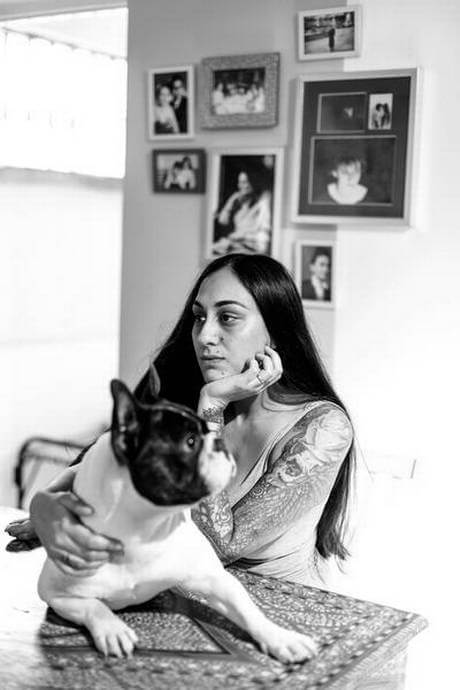
The author says her novel is a love story between India and Pakistan, a girl and her passion, a boy and his religion, and another boy and food
Karuna Ezara Parikh says her début novel, The Heart Asks Pleasure First (Pan Macmillan, ₹699), first came to her in 2007. “I have been working on it on and off since,” she writes on email from Kolkata where she lives with her husband and a dog called Clover.
“I was never entirely satisfied with it and each time I tried to edit or re-write it, I would use the original draft as a skeleton. In 2017, I decided to attempt it once again after a break of some years. This time I chose to work not from the draft but from the memory of the story, and the feelings I wished to evoke. I was falling in love at the time and the experience was lucid, finding its way into constant expression. Eventually, only a few paragraphs and the basic premise of the original story were used; the rest was born afresh,” she adds.
The luminescent love story between the Indian Daya who is studying dancing and the Pakistani Aaftab, who is a practising lawyer, is set in Cardiff. “I lived in Cardiff for four years so the city is familiar to me and I knew authenticity would come naturally because of this. I also needed this story to take place on neutral grounds, in a place that wasn’t India or Pakistan because it is mostly impossible to encounter the other in either country.”
The evocative title is a line from Emily Dickinson. Karuna says she was taken by the phrase, when she heard it for the first time.
Debut novel
Frontlist Books news
Frontlist Latest news
Frontlist News
Karuna Ezara Parikh
love story Novel
Parikh’s book



.jpg)






.jpg)

.jpg)
.jpg)
.jpg)

.jpg)
.jpg)


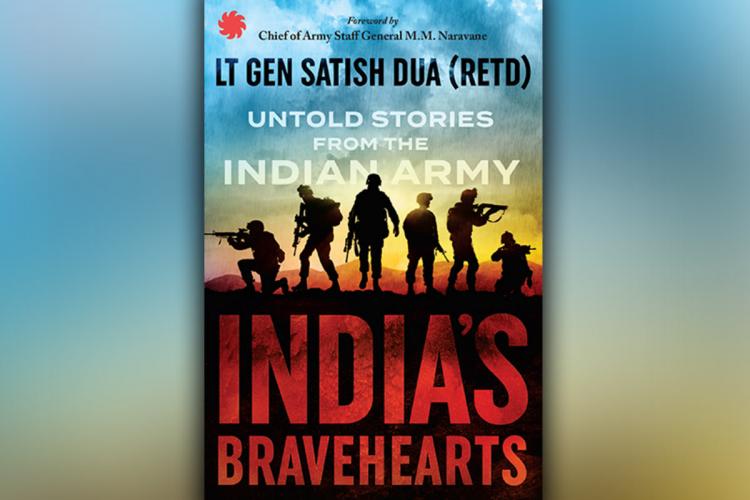
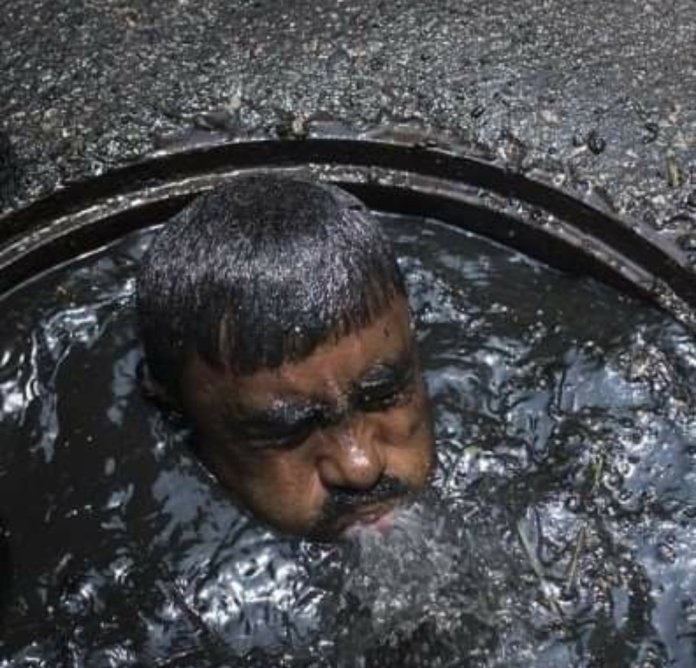
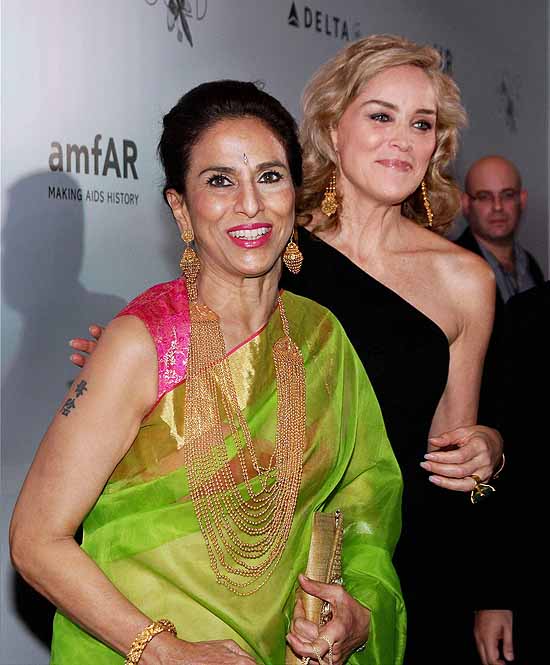
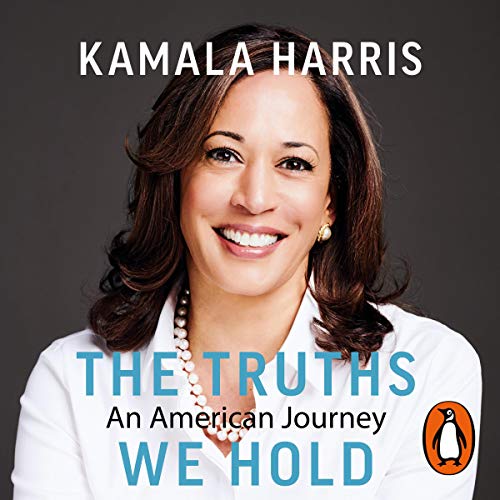
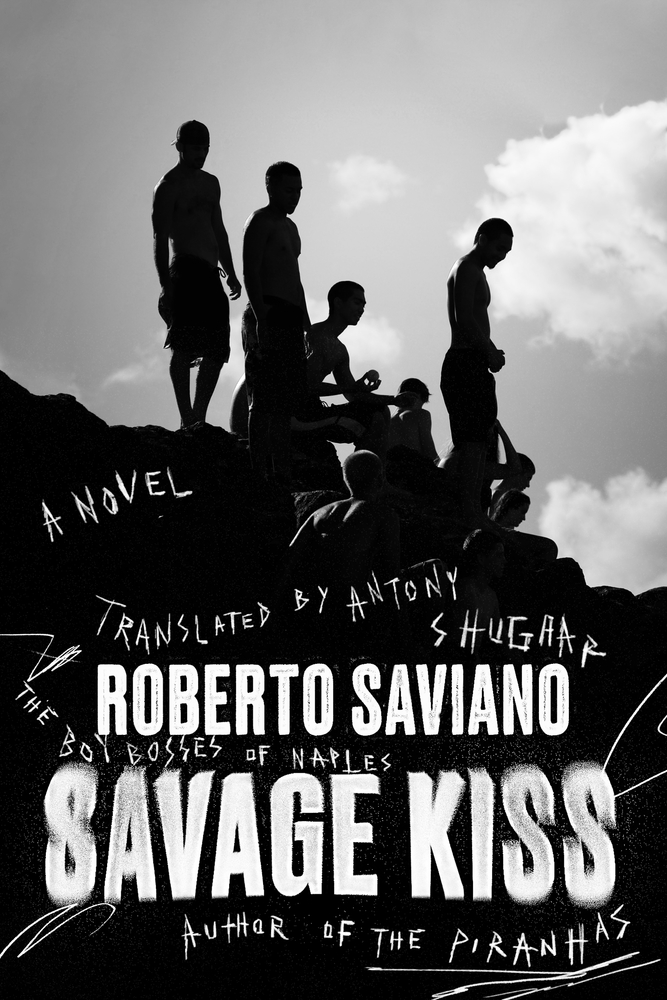
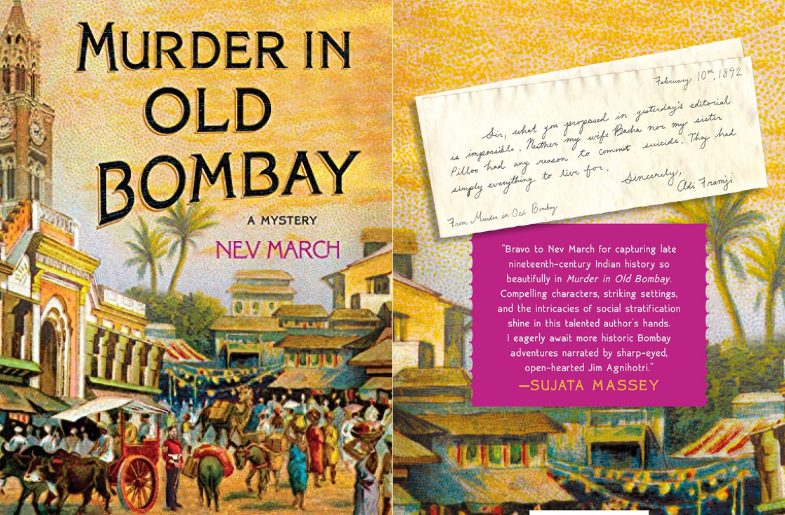
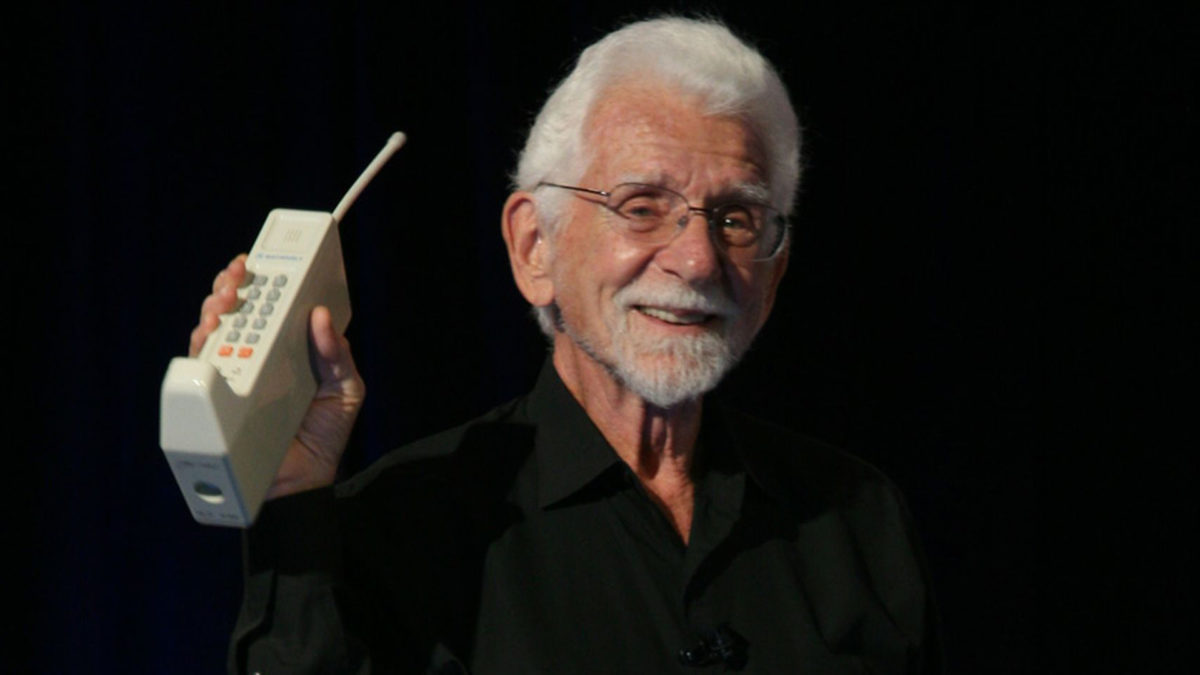
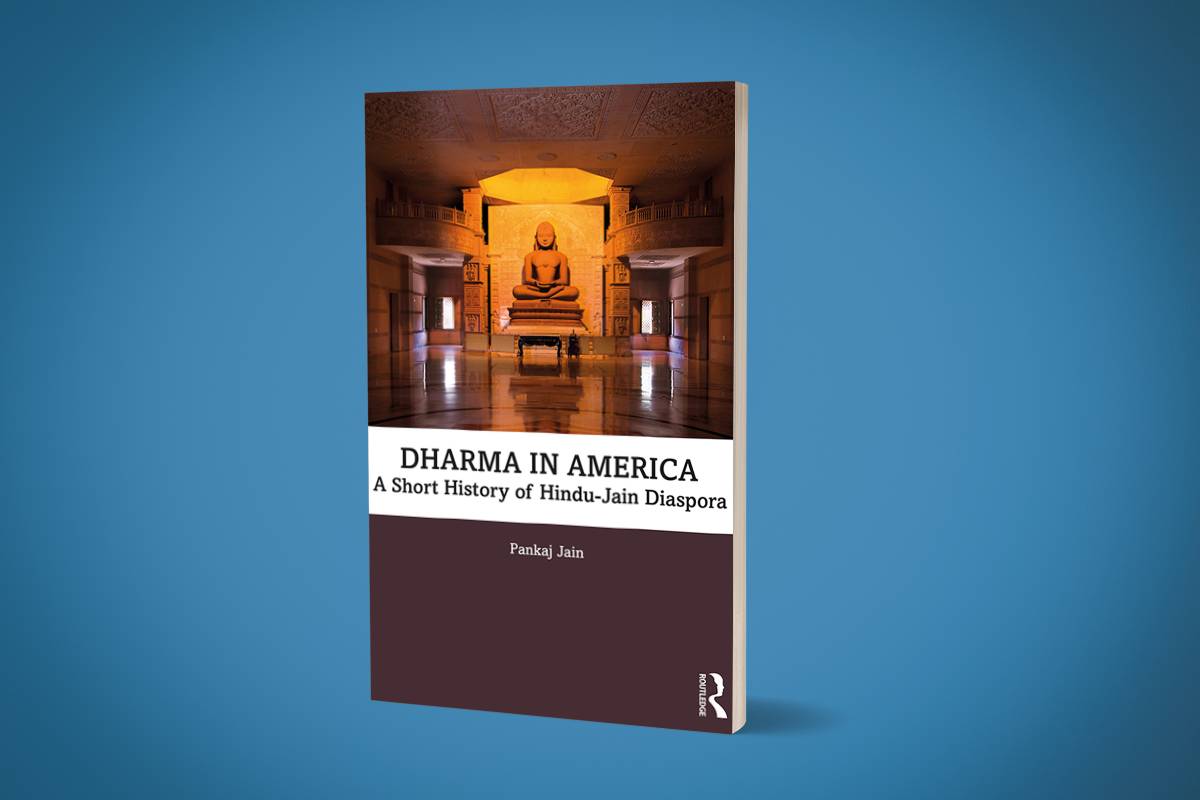
Sorry! No comment found for this post.